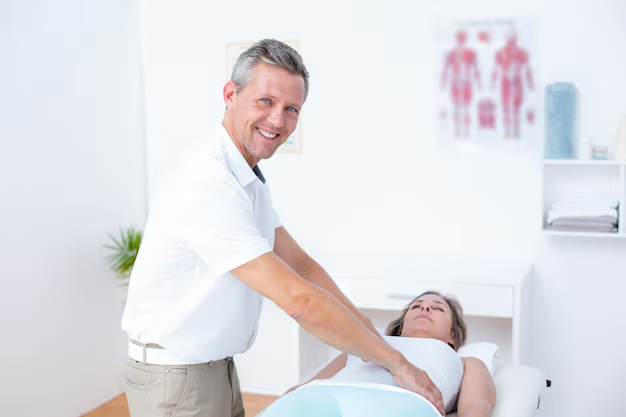How to Become a Medical Massage Therapist: Educational Pathways and Certifications
Embarking on a career as a medical massage therapist requires a blend of formal education, hands-on training, and professional certification. Prospective therapists usually start by completing a massage therapy program from an accredited institution, which covers fundamental topics like anatomy, physiology, and massage techniques vital for therapeutic practices. With an increasing focus on health and wellness, acquiring specialized education in medical massage can enhance a therapist's skill set and career prospects. Following this foundational education, aspiring therapists must then obtain the appropriate state licensure, which typically involves passing the Massage and Bodywork Licensing Examination (MBLEx) or equivalent tests. This ensures the practitioner meets the regulated industry standards. Beyond the basic requirements, earning additional certifications in areas like neuromuscular therapy or myofascial release can equip a therapist with advanced skills tailored to medical and health-focused environments, further distinguishing them in the field.
For those eager to deepen their expertise and cater to specific client needs, pursuing continuing education and specialized certifications is not only beneficial but often necessary. This approach not only bolsters one's credentials but also keeps therapists abreast of evolving techniques and trends in the medical massage realm. Whether you envision working alongside healthcare professionals or opening your private practice, a dedicated pathway through recognized education and certification can lay the groundwork for a rewarding and impactful career in medical massage therapy.
Potential Degrees, Certifications, and Licenses:
-
🎓 Diploma or Associate Degree in Massage Therapy
A foundational requirement from an accredited massage therapy school. -
📜 State License
Usually obtained by passing the MBLEx or equivalent licensure exam. -
📚 Certification in Medical Massage
Focused training distinguishing expertise in health-related settings. -
🏅 Advanced Certifications
Such as Neuromuscular Therapy, Myofascial Release, etc. -
🔄 Continuing Education Courses
Ensures knowledge and skills remain current within the field.
